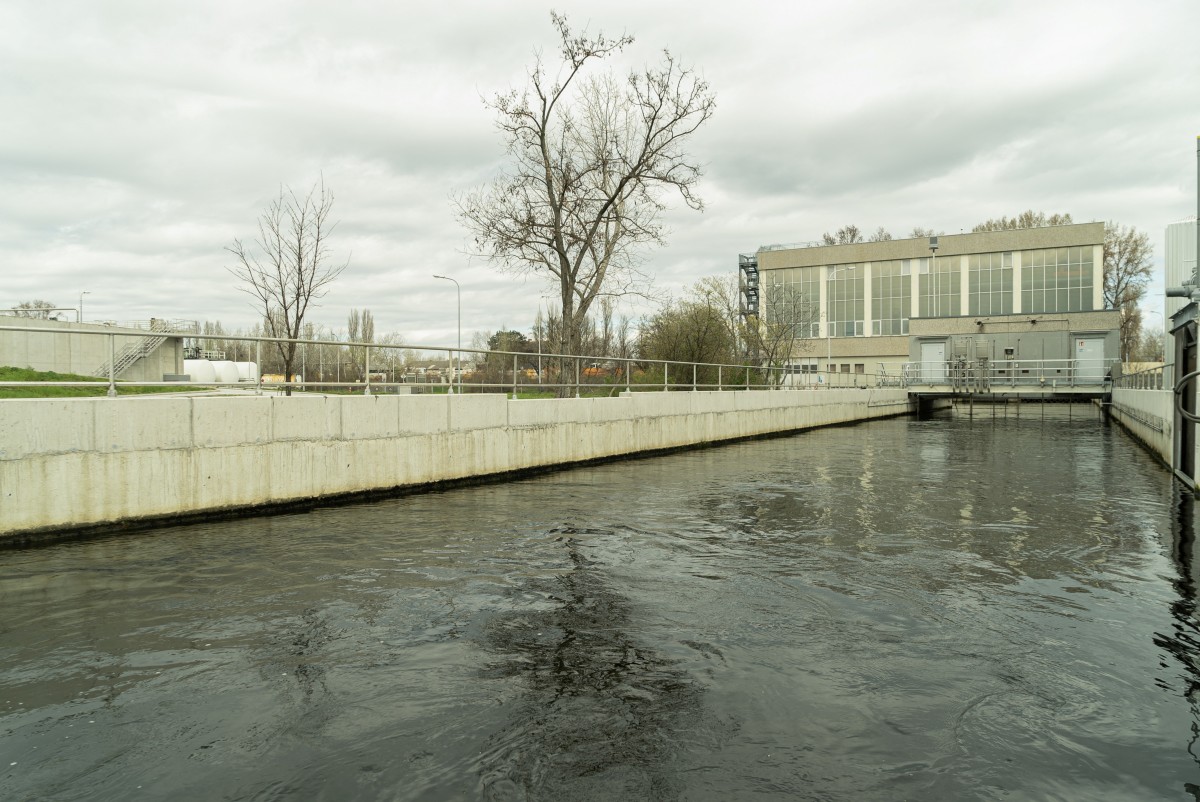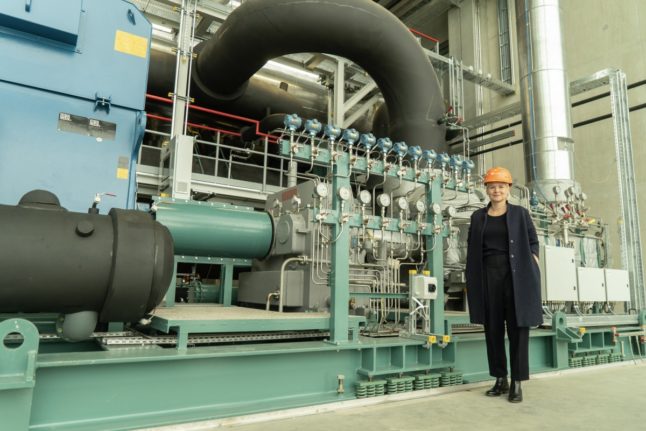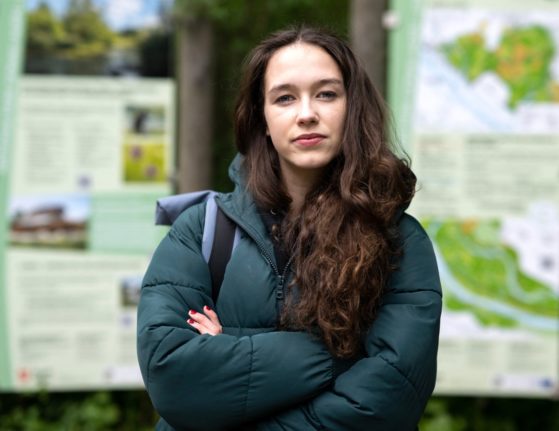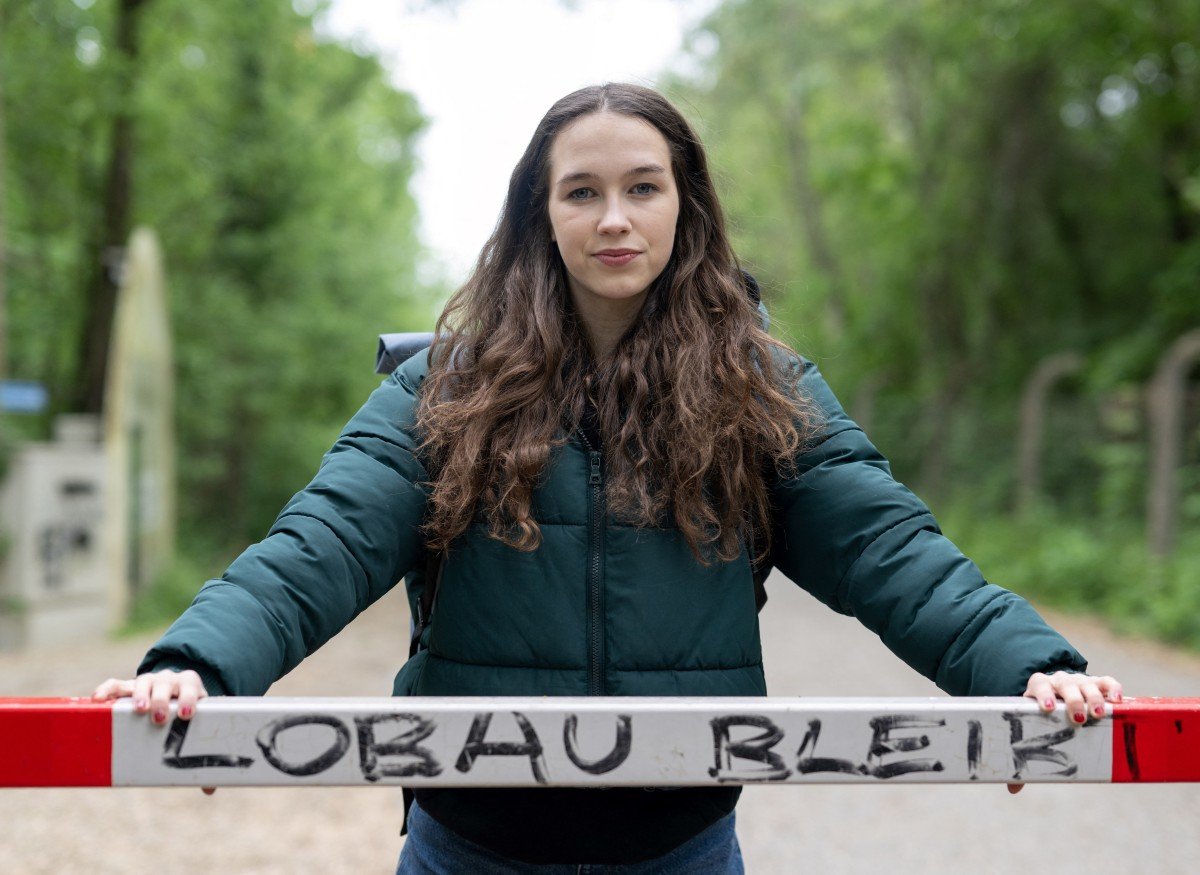The plant — billed as Europe’s most powerful one — is churning out district heat to up to 56,000 Vienna households, with operator Wien Energie planning to double its capacity to 112,000 households by 2027.
“It is very clear that we have to restructure our energy system to become independent of fossil fuels or of different individual countries,” Wien Energie manager Linda Kirchberger told AFP.
Heat pumps work along the same principle as refrigerators, only it is the heat that is sought and not the cold. Household heat pumps have been enjoying surging interest, but they can also be implemented on a larger scale for city heating systems.
Kirchberger said the plant was garnering a lot of interest from energy
suppliers in other European cities, which are likewise in the process of installing pumps that extract the heat found in wastewater and use it to heat households.
READ ALSO: How to save money on energy bills in Austria
Wastewater
The Vienna heat pumps — which are fed by electricity from a nearby hydropower plant — are next to a sewage treatment facility.
Since December, the steadily flowing stream of treated water from that facility is channelled through the pumps.
They extract six degrees Celsius (11 degrees Fahrenheit) of heat from it before it flows back out and into the Danube. The lower temperature of water discharged into the river is an added advantage given the globe’s warming waters, according to expert Florian Kretschmer.
The extracted heat, in turn, is channelled to Wien Energie customers in the form of hot water over a vast network of pipes for district heating, which with 1,300 kilometres (800 miles) is Europe’s third largest, according to the company.
“The technology itself (to extract heat) is nothing new… The interesting thing is that a new medium, a new energy source, is now being developed in the form of wastewater… which is always just below our feet in our cities,” said Kretschmer from Vienna’s University of Natural Resources and Life Sciences (BOKU).
READ ALSO: How Austria wants energy firms to lower prices for customers
Especially in Scandinavian cities and neighbouring Switzerland, heat is already extracted from wastewater, and heat pumps using sewage water are springing up in more cities, such as in Germany’s Hamburg, he added.
In Vienna, initial plans for the heat pumps started four years ago with an investment of €70 million ($76 million) for the current first phase. Wien Energie supplies district heating to 440,000 households, just under half Vienna’s total.
Energy efficiency
Winning energy from the sewers got a push in the EU in 2018, according to Kretschmer, when the bloc recognised wastewater as a renewable source of energy.
“As the EU moves to execute on the pledge to double down on energy efficiency… substituting inefficient fossil fuels with electrified solutions like heat pumps will be crucial,” Lars Nitter Havro, a senior analyst at Rystad Energy, told AFP.
About half of all households in the EU are still heated using fossil fuels, he added. Russia had long been the EU’s top gas supplier, but since Moscow’s invasion of Ukraine in 2022, which sent energy prices skyrocketing, Europe is looking to diversify.
Landlocked Austria still continues to be heavily dependent on Russian gas. But projects such as the Vienna heat pumps are trying to offer alternatives.
“The goal will always be that we are truly independent, offering Viennese a secure supply, but also price stability,” Kirchberger of Wien Energie said, in front on the pumps silently working in the background.
By Julia Zappei




 Please whitelist us to continue reading.
Please whitelist us to continue reading.
Member comments